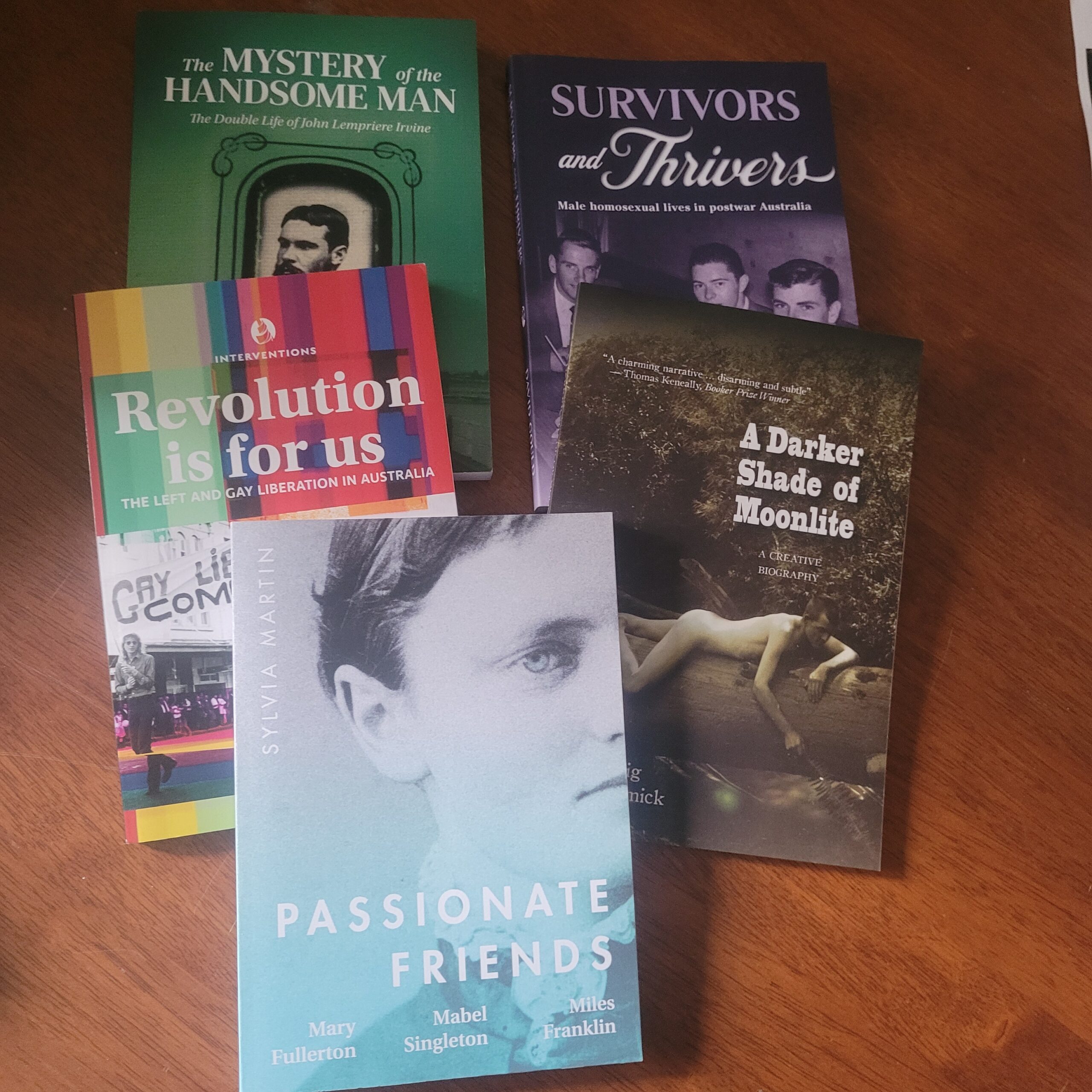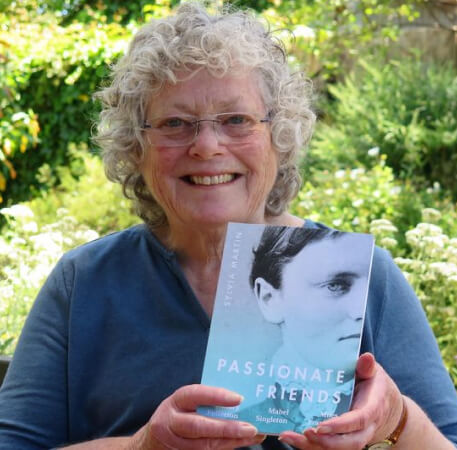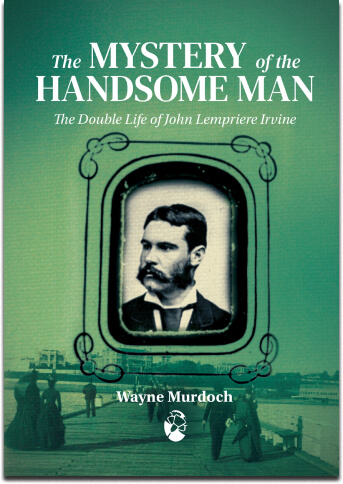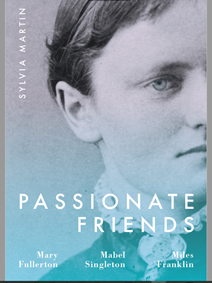
Queer Oz Folk Publishing
About Queer Oz Folk



Queer Oz Folk Publishing
Who we are, what we do
About Queer Oz Folk
Over many years, beginning in the 1980s, mainstream Australian publishers have been bringing Australian queer history to print. Unlike many overseas publishers, the Australians generally price their books at rates that are affordable to their audiences. But the vagaries of what was essentially a niche market means that there are dry periods when not much appeared, and titles often went out of print fairly quickly. As gay topics became more acceptable in universities and colleges, academic journals started to express interest, but increasingly those journals came to be locked behind paywalls, out of reach to anyone but academics.
Even earlier than this, beginning in the mid-1970s activists were publishing histories of their groups and activities to guide others who were taking up the challenge of changing society. The annual queer history conferences organised by the Australian Queer Archives published collections of papers in the 2000s. The gay and lesbian press was also bringing some of this material in one off articles, series and regular columns.
Over those decades, though, technological change brought the possibility of easier, affordable publishing to ever-wider circles of people. With the advent of good-quality print-on-demand, one of the last barriers to do-it-yourself publishing crumbled.
The remaining obstacles are the difficulty of distribution and the quality of the pre-print work. Ironically, as design and layout became easier, standards often dropped. The reality is that design is a skill that needs to be learned and this wasn’t always recognised by authors keen to see their books in print.
At Queer Oz Folk, we pay for copyediting, design of covers and internals, for indexing where needed. This helps maintain the quality of the books we produce.
Queer Oz Folk publishes as a series under the umbrella of Interventions, a Melbourne-based publisher of radical and working-class history, allowing us to pool our knowledge and share the administrative burdens of publishing.
Queer Oz Folk’s Books



David Gould
Survivors and Thrivers: Male Homosexual Lives in Postwar Australia (2023)
In interviewing 27 men aged between 74 and 95 in the late 2000s, David Gould discovered lives – now rapidly being lost to history – that were lived under the shadow of homophobic prejudice. Their stories reveal how men tried to make sense of their same-sex attraction in an era when homosexuality was defined as a mental illness and criminal. What emerges is a revelation – stories of resilience and, sometimes, joy.



Craig Cormick
A Darker Shade of Moonlite (2023)
Into the well-trodden footsteps of Australia’s second-most-notorious bushranger comes an exciting new voice.
Captain Moonlite (Andrew George Scott) was an adventurer, fraudster (and perhaps a fabulist) who found a respectable post in Victoria as a lay preacher in Bacchus Marsh. Things went haywire after he was convicted of various crimes – at least some of which he probably committed. Long story short he ended up in Melbourne’s Pentridge Gaol where he met the love of his life, James Nesbitt. Scott seems to have been a remarkable public speaker. When he directed these skills to prison reform, the authorities put every possible obstacle in his way. The life of a bushranger beckoned and his gang of young companions set off for New South Wales.



Wayne Murdoch
The Mystery of the Handsome Man (2020)
“Hallo, are you working?” John Lempriere Irvine asked 21 year old Ernest Smith, one September evening in 1897, setting off a chain of events which saw both men in court and Irvine’s life in ruins within a week. The Mystery of the Handsome Man recounts the strange-but-true story of John Lempriere Irvine (1847 – unknown), banker, champion sportsman and bon vivant.
He was also a man with a secret – a secret that would occasionally lead him into the Victorian underworld of larrikins and working class youth and would ultimately lead to his downfall, disgrace, and disappearance.



Sylvia Martin
Passionate Friends: Mary Fullerton, Mabel Singleton, Miles Franklin (2021)
Mary Fullerton (1868-1946) and Mabel Singleton (1877-1965) met in Melbourne as suffrage and peace activists in Vida Goldstein’s suffrage and election campaigns. They remained together for thirty-five years as loving friends, raising Mabel’s son born in 1911. Through her literary friendship with Miles Franklin (1879-1954), Mary Fullerton’s last two volumes of poetry were published in the 1940s.
Rescued from near destruction, a box of Mary’s manuscripts eventually made its way to the Mitchell Library. It contained poems she never shared with Miles Franklin. These poignant poems, many dedicated to Mabel, trace a love story that sheds light on how women of the early twentieth century may have understood their love for each other.